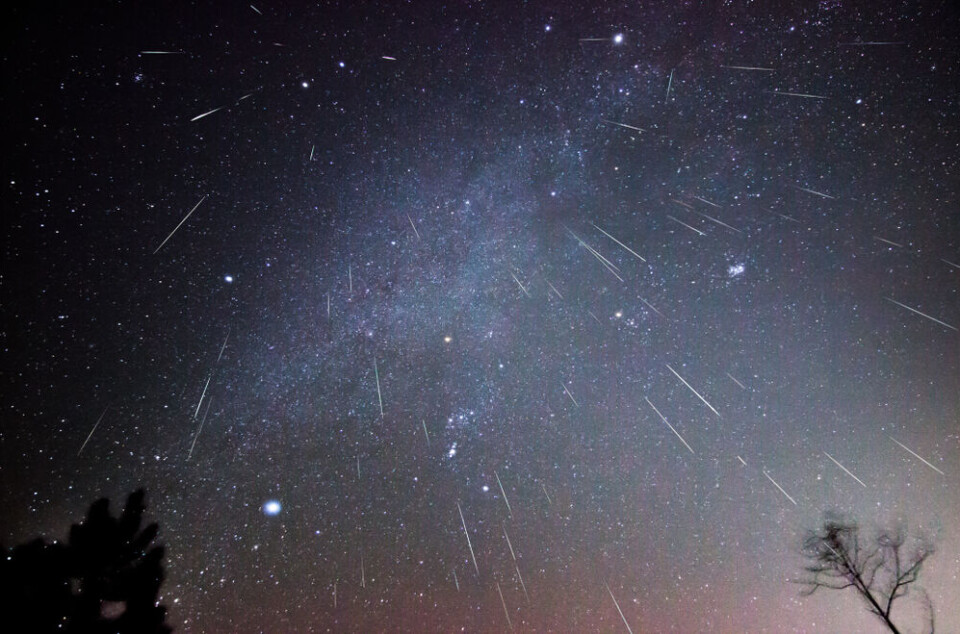-
Britons are the largest foreign community of second-home owners in Nouvelle Aquitaine
See which other departments in the region are popular with British nationals
-
Travellers risk extra costs under new Eurotunnel ticket rule
Some fare options are less flexible and less forgiving of lateness
-
May will be difficult month for train travel in France, warns minister
Two major train unions are threatening to strike and are ‘not willing to negotiate’, he says
Look up to see up to 80 shooting stars an hour from tonight in France
What you should see is the Geminids meteor shower

From December 7 to 17, the Geminids, an annual meteor shower, should be visible at night in the Northern Hemisphere. Here is how to make the most of this natural spectacle in France.
Just like the Perseids in summer, the Geminids appear in the sky in December with up to 80 shooting stars an hour from tonight in France.
The meteors of the Geminid are very bright, moderately fast, and are unusual in being multi-coloured – mainly white, some yellow and a few green, red or blue.
These colours are partly caused by the presence of traces of metals like sodium and calcium.
From an asteroid
Unlike most other meteor showers, the Geminids are believed to come from an asteroid rather than a comet.
This means the spectacle is the result of leftover pieces and dust particles coming from the asteroid known as '3200 Phaethon'.
Read more: Call for astronomy fans to help French scientists with comet tracking
The streaks seen in the night sky are caused by particles as small as a grain of sand that enter and burn through the Earth’s atmosphere at enormous speeds.
Earlier this year, scientists discovered that the Geminid meteor shower began in a “violent catastrophe”, such as a high-speed collision or gaseous explosion, which created the trail.
How to see them
These meteors can in theory be seen from anywhere in metropolitan France. However, the key is to view away from the big cities.
The further away from the halo of light above cities, the clearer the sky.
Read more: French stargazing festival raises awareness of light pollution threat
The coastline is also a good place to view them as the sea does not produce any light.
The meteors appear to come from the constellation Gemini, so look towards the East.
Read also
PHOTOS: Northern Lights captured over France
Woman struck by 'meteorite' as she sat on her terrace in east France
Great balls of fire: How to watch the Perseids in France this weekend
























